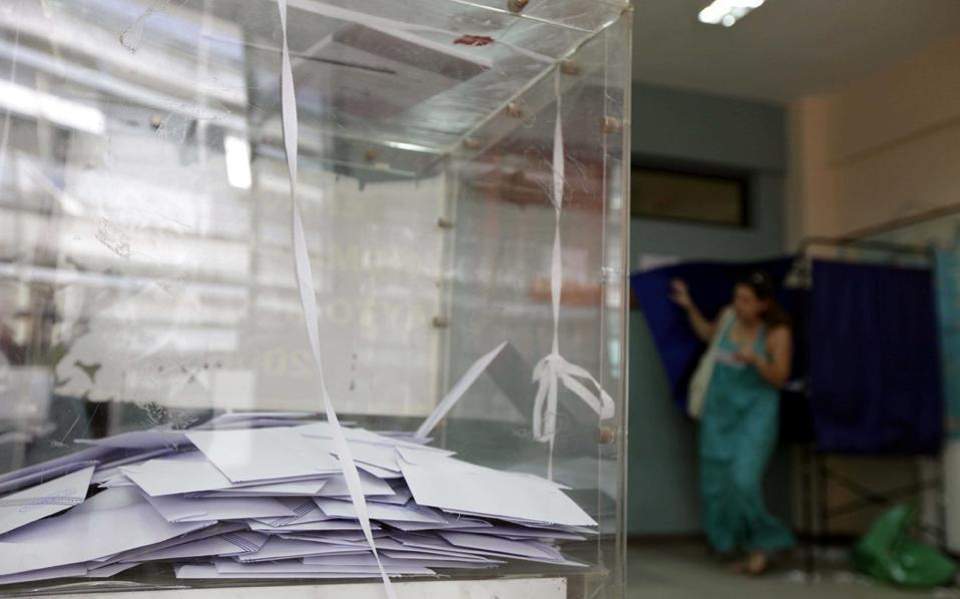Possible snap polls in March

A series of domestic developments and external factors are fueling speculation that Prime Minister Alexis Tsipras may end up calling snap elections in March, before local authority and European polls scheduled for May.
Although Tsipras has repeated at every opportunity his intention to see out his government’s four-year term, which would mean general elections being held in the fall of next year, sources close to the premier appear to be concerned about the potential repercussions on Greece of a crisis in Italy’s relationship with the European Union.
There is a sense that this clash, which has focused on Italy’s budget, may last until the European elections in May.
The upheaval, along with domestic issues, has already had a negative impact on Greek bond yields. It has also made it difficult for authorities to plan the country’s next foray into the markets, a move Tsipras is keen to proceed with to back up his narrative that Greece has emerged from international supervision and is moving toward self-reliance.
Some believe the government will need to tap a cash buffer early next year as a new bond issue would probably not be advisable. (Greece’s eurozone partners helped it set up a safety cushion of about 30 billion euros for periods of volatility.)
In view of this, Tsipras may call elections before the need for the cash injection arises, as tapping the fund would puncture his narrative of the country’s self-sufficiency.
Also, a string of benefits Tsipras has pledged to civil servants, Greeks on low incomes and self-employed professionals will have been disbursed in the first two months of 2019. He is likely to want to turn to voters while the memory of that support is still fresh.
Certain political developments over the coming months are also expected to be pivotal.
Tsipras’s tentative deal with Archbishop Ieronymos to take clerics off the state payroll may fall through.
Meanwhile the first phase of the government’s constitutional review is expected to be complete by the end of February.
And the Prespes name deal will likely be ratified by the Former Yugoslav Republic of Macedonia in January.
In view of this, Tsipras may choose to seek a velvet divorce with his coalition partner, Independent Greeks leader Panos Kammenos, who opposes the deal, sooner rather than later, prompting snap polls.





